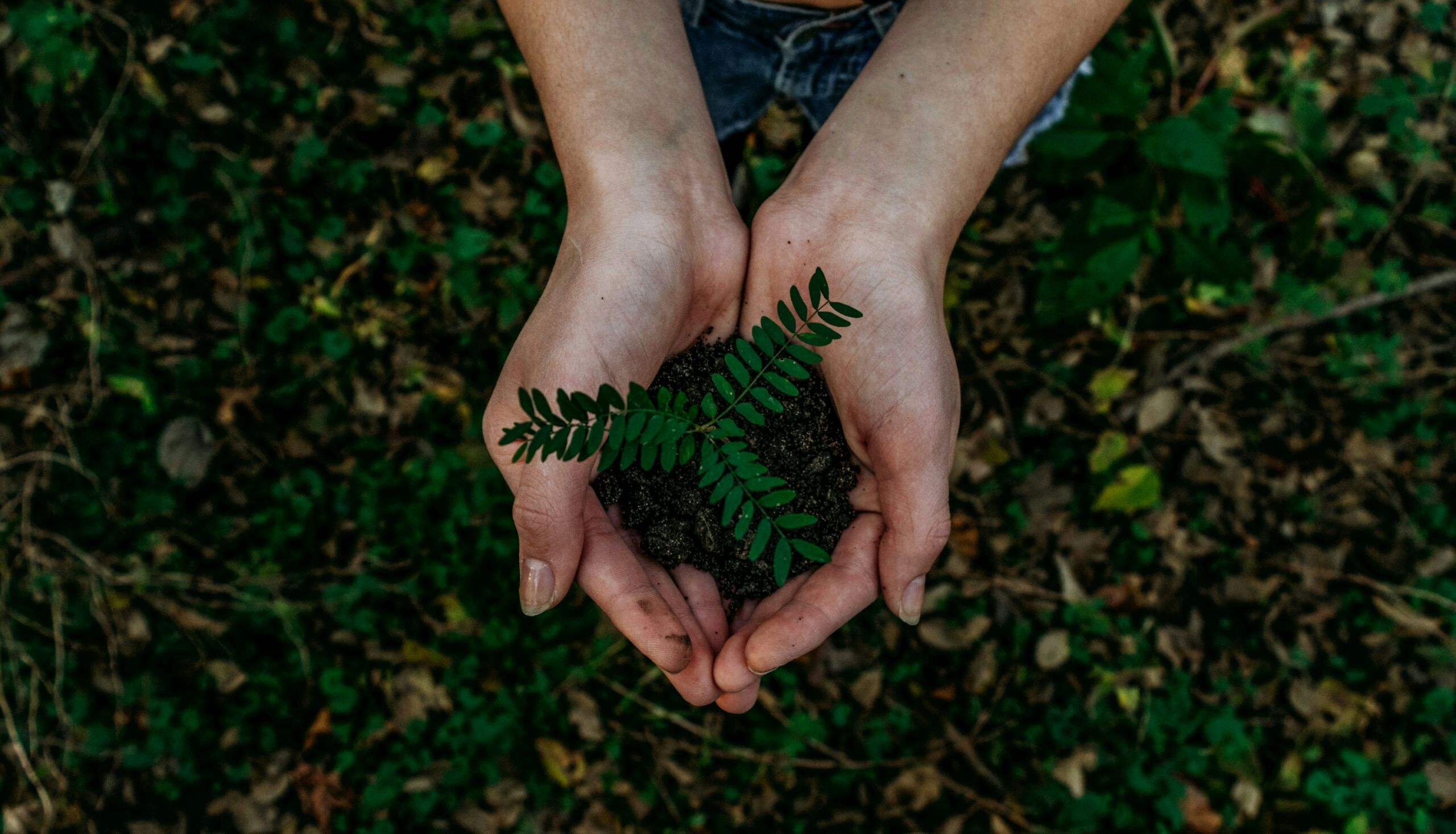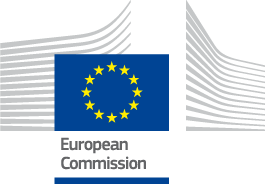Sustainable Lifestyles, Fairness and Access to Clean Energy Technologies

Goal
The campaign on sustainable lifestyles, fairness and access to clean energy technologies is a commitment by countries and partners to join forces to enable the global clean energy transition to happen in a fair way.
The campaign’s ambition is to enable countries and partners to incentivise and share policies that ensure no-one is left behind as we move towards greener and more competitive economies.

Overview
The clean technology transition is essential, but it’s not an end in itself. We need to ensure everyone benefits and is supported as we move towards greener and more competitive economies.
The transition has to work for the many, not just the few. We need to make it easier for people to shift to more sustainable lifestyles while having access to clean energy technologies, especially vulnerable societal groups. Countries, partners and other stakeholders can play a central role in this process by developing and sharing the guiding principles that need to underpin this large-scale transformation. The campaign, kicked off in Foz do Iguaçu on 1st October 2024, will run for two years and include a non-binding pledge, a study from the International Energy Agency, the sharing of good practices including a workshop and a final report with the main outcomes. A communication campaign will be also undertaken to raise awareness.
The opportunity
The clean energy transition’s success hinges not only on adopting more efficient technologies, but also on the energy consumption and the emissions we generate. Shifts in lifestyles and behaviours have the potential to cut greenhouse gas emissions by 40-70% by 2050 according to the latest report by the Intergovernmental Panel on Climate Change. Individual and collective efforts to embrace sustainable practices can therefore have a profound impact on mitigation.
The new campaign aims at raising awareness on reducing our energy consumption with behavioural adaptation at all levels, while ensuring that also the most vulnerable groups have access to clean energy technologies. Policy measures need to be developed appropriately considering the fairness dimension, as not all societal groups can reduce their energy consumption and access such technologies. At the same time, those contributing least to climate change are suffering most from its adverse effects.
Through this campaign, we are bringing together countries and partners that share the same values and goals: embedding social justice within the clean energy transition, so that its benefits are equitably shared. By signing a non-binding pledge, they endorse principles that will spur action across the globe and create the momentum to push forward a just transition that leaves no one behind.
High-level principles
- Develop policies and actions that incentivize sustainable lifestyle changes and fairness, including the most vulnerable groups in society. This should include objectives and targets to be developed together with the other co-participating entities.
- Share and report on policies, good practices and other initiatives supporting sustainable lifestyle, fairness and safe and sustainable low carbon technologies which have been or will be put in place, motivating other members to follow the steps.
- Undertake communication and awareness campaigns to promote and inform citizens about the benefits of sustainable lifestyle changes, including the fairness dimension and support to the most vulnerable, as well as the access to safe and sustainable low carbon technologies.
- Support educational programmes and culture developments that support nature conservation and minimises environmental footprints for a sustainable future.
- Involve and empower local communities in fostering sustainable lifestyle for improving our environment for future generations. This may include initiatives and toolkits to support collaboration and engagement with local residents, communities, social partners and businesses and other organisations to share ideas, resources and promote sustainable initiatives. Such initiatives should be inclusive and accessible to all members of local communities, including the most vulnerable.
- Actively involve youth in promoting lifestyle changes and access to energy-efficient technologies. By empowering young leaders and providing educational resources, we envisage to cultivating a sustainable future where every individual has the knowledge and tools to prioritize energy efficiency.
- Support policies to reduce the energy demand of households and/or companies through sustainable behaviours (e.g. switching off lights, reduce heating and cooling of buildings to more moderate temperatures), while promoting energy efficiency technologies accessible for everybody.
- Support the advancement of clean building practices, embracing techniques and technologies that prioritise efficiency and accessibility for all in a fair manner.
- Enhance accessibility to low-emission mobility in both urban and rural areas. By promoting sustainable transportation options affordable for all, we aim to create inclusive and environmentally friendly mobility solutions for all members of our community.
- Support a universal transition to safe and sustainable low carbon energy technologies by investing or encouraging targeted measures and campaigns that promote fairness, focusing on supporting vulnerable consumers.
- Implement actions to promote sustainable lifestyle and fairness in other areas related to the energy transition such as food production and consumption methods, textile production and consumption habits, recycling methods, clean cooking etc.




